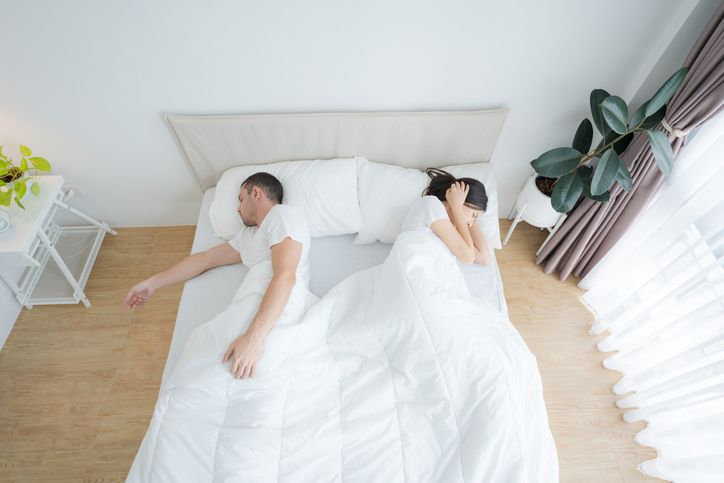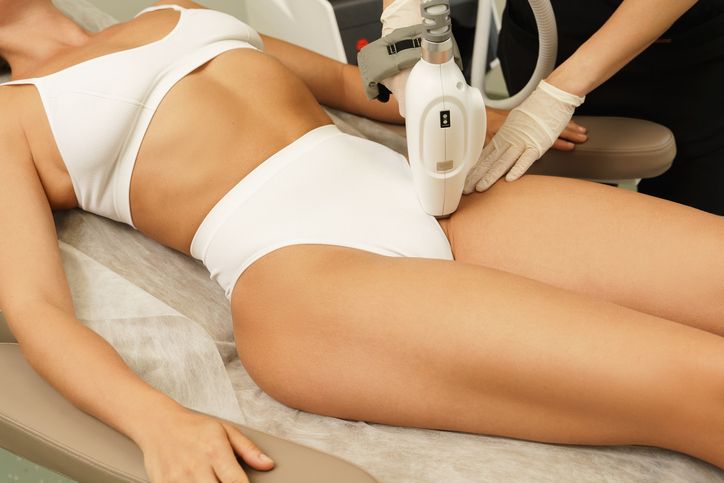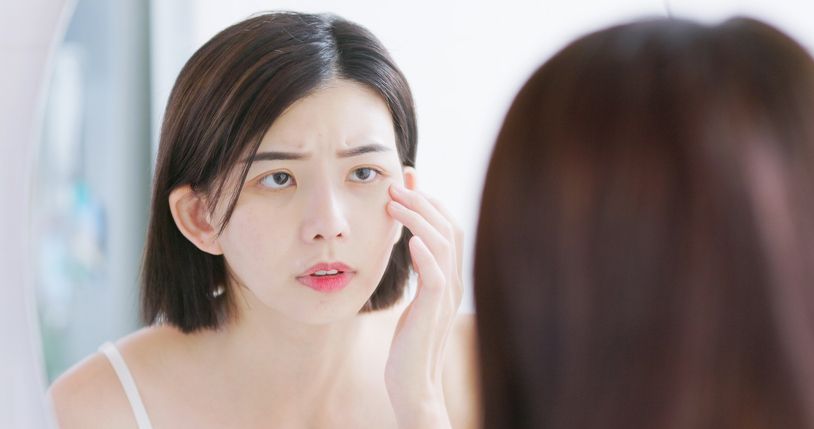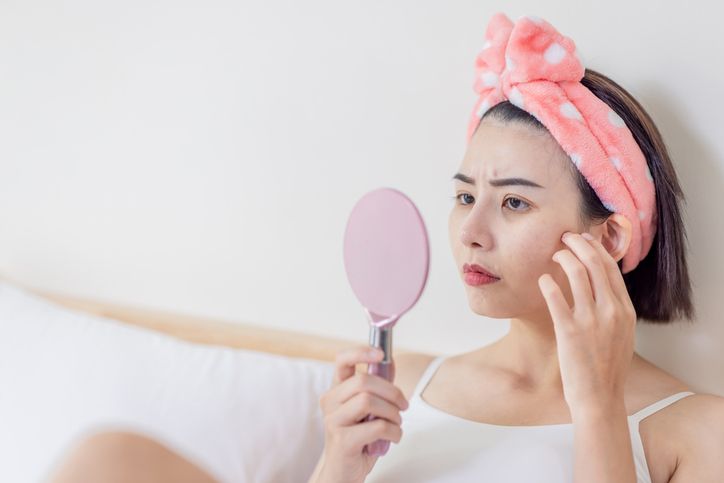- Home
- Trend
- Weight Loss Strategies
- Acne Tips
- Hair Health Information
- Blemish Removal Tips
- Acne Scar Removal Tips
- Muscle Building Techniques
- Intimate Care Tips
- Postpartum Intimate Care
- Eye Bags Wiki
- Tips for Face Slimming
- Secret of Permanent Hair Removal
- Breast Enlargement Tips
- Cure to Snoring
- Marionette Lines
- Skin-Tightening Secrets

免費體驗
R6 Miracle Eye Rescue Treatment
1 Minute Self-Registration
Date should not be before minimal date
Ever felt like your eyes look swollen all the time? Especially in the early morning where the reflection in the mirror reveals more than just the remnants of a good night's sleep? If you're in the 26–45 age range, you're not alone in facing the cosmetic concerns of puffy eyes and stubborn dark circles. These under-eye issues can be attributed to a myriad of factors, and this is what we will dig deep today.
1
What Causes Puffy Eyes?
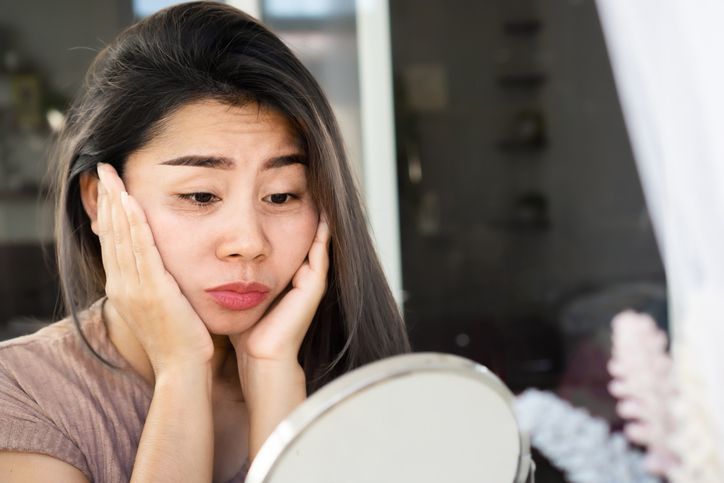
Fluid Retention Puffy Eyes
Allergic Puffy Eyes
Lifestyle Puffy Eyes
2
Emergency Solutions for Puffy Eyes and Dark Circles
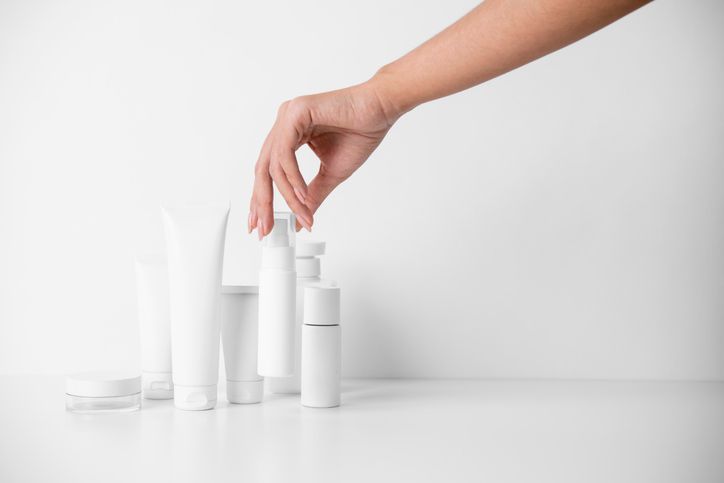
Cool Compress
Cucumber Slices
Tea Bags
Eye Cream or Gel
- Why Is My Under Eye Skin Loose? Here's 5 Approaches and Make-Up Tips
- Think Of Using Cucumber on Eyes? Here's the Truth About this Beauty Hack
- How to Get Rid of Dark Circles Under Your Eyes? Cause, Eye Creams, Treatments… Dermatologists Tell All!
- A Guide to Retinol Eye Cream: Choosing Between Retinol and Other Options
3
Handle Your Swollen Eyelids with These Make Up Tips

1. Hydrate and Prime
2. Color Corrector
3. Concealer Application Technique
4. Brighten with Highlighter
5. Focus on Eyelashes and Brows
Bonus Tip
4
Longer-Lasting Method to Overcome Eye Puffiness

Eyelid Surgery (Blepharoplasty)
Chemical Peels
Laser Resurfacing
R6 Miracle Eye Rescue Treatment

免費體驗
R6 Miracle Eye Rescue Treatment
1 Minute Self-Registration
Date should not be before minimal date
5
Last Few Words
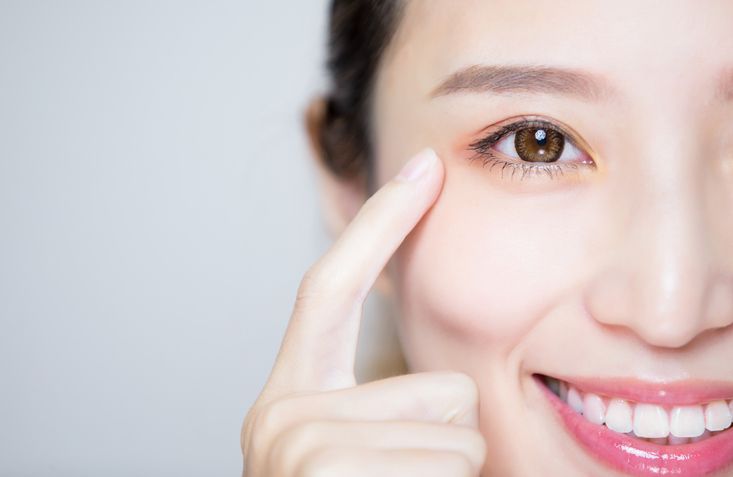

免費體驗
R6 Miracle Eye Rescue Treatment
1 Minute Self-Registration
Date should not be before minimal date
FAQ

1. What causes chronic eye puffiness, and how can it be addressed with home remedies?
Chronic eye puffiness may stem from factors like fluid retention, allergies, or the natural aging process affecting the surrounding skin tissue. Fluid retention can be mitigated by staying adequately hydrated, applying cold compresses to reduce swelling, and ensuring a proper sleep routine. Home remedies such as cucumber slices, tea bags, or aloe vera gel can also provide relief by soothing and revitalising the delicate skin around the eyes.
2. Can too much salt intake lead to bags under the eyes?
Excessive salt intake can indeed contribute to fluid retention, leading to the development of bags under the eyes. Salt has the tendency to cause the body to retain water, resulting in puffiness. Managing salt intake by reducing the consumption of high-sodium foods, staying well-hydrated, and maintaining a balanced diet with potassium-rich foods can help minimise the appearance of under-eye bags.
3. How do allergy symptoms impact the appearance of the skin surrounding the eyes?
Allergy symptoms, such as itching, redness, and inflammation, can affect the surrounding skin tissue, causing puffiness. Allergic reactions release histamines, leading to increased blood flow and fluid accumulation. Managing allergies with antihistamines, avoiding known allergens, and incorporating soothing remedies like cold compresses or chamomile tea bags can help alleviate symptoms and reduce puffiness.
4. Are there effective skin treatments for loose skin and puffy eyelids?
Various skin treatments, including cosmetic procedures like eyelid surgery (blepharoplasty), can effectively address issues like loose skin and puffy eyelids. Eyelid surgery involves the removal of excess skin and fat, and sometimes tightening of underlying muscles, resulting in a smoother and more youthful eye contour. Consulting with a dermatologist or plastic surgeon is essential to explore personalised treatment options tailored to individual needs and concerns.
5. What role does thyroid eye disease play in chronic eye puffiness, and how can it be managed?
Thyroid eye disease can cause chronic eye puffiness due to inflammation, tissue expansion, and changes in the immune system. Managing the underlying thyroid condition is crucial for effective management. Working closely with an endocrinologist or healthcare professional to stabilise thyroid levels and alleviate associated symptoms is key. Additionally, addressing eye-related symptoms may involve a multidisciplinary approach with input from ophthalmologists and other specialists.





